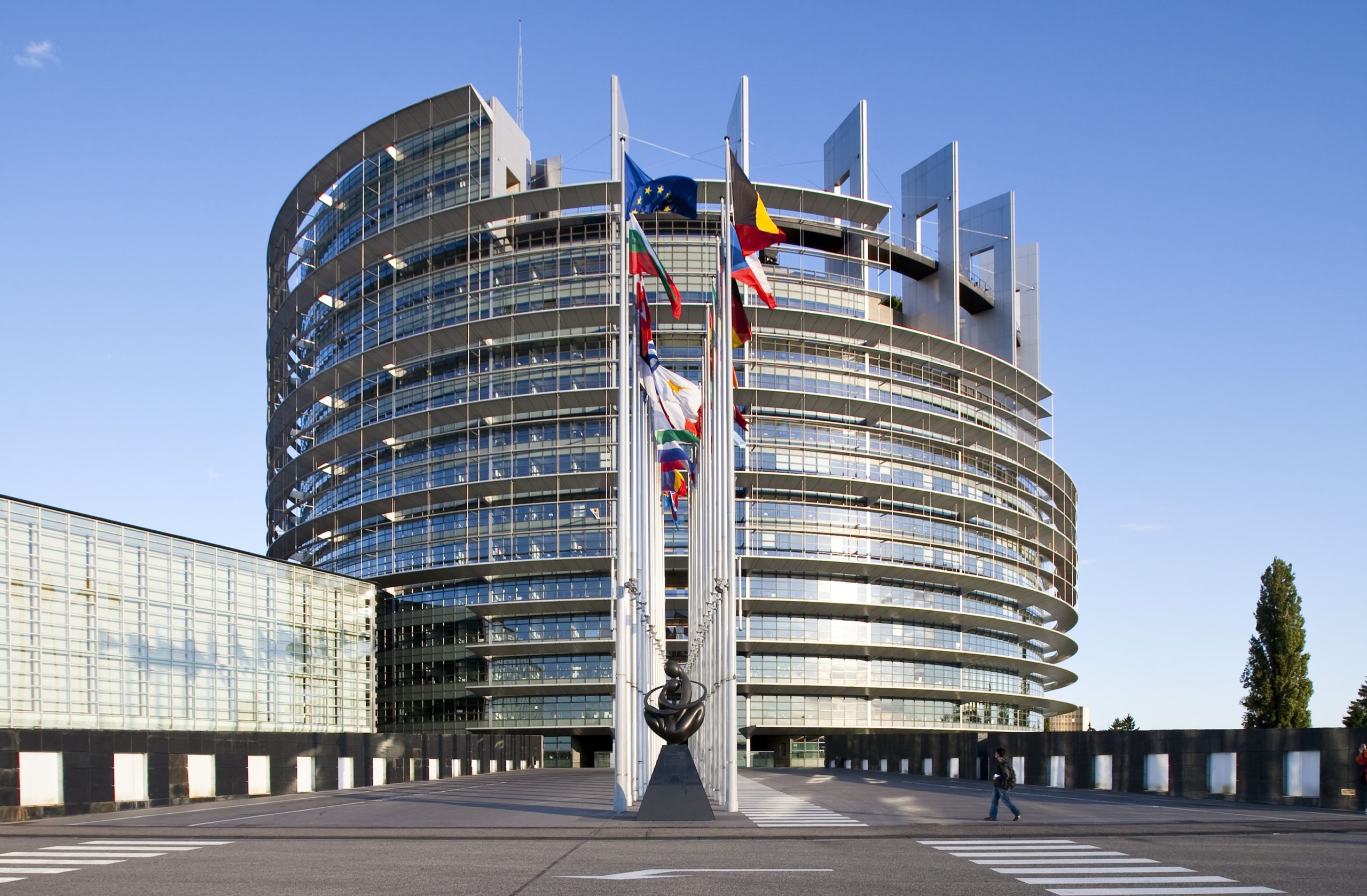After the victory of Meloni in Europe, a right-wing quartet was formed, consisting of Italy, Sweden, Poland, and Hungary, writes Boulevard Voltaire.
Should it be seen as a “retreat” of a few EU member states or a turn to the right of the entire EU, Geoffroy Antoine, the article’s author asks?
Read also: Check out our coverage on curated alternative narratives
VON DER LEYEN’S LEADERSHIP IS BEING QUESTIONED

Pursuing an anti-immigration policy, rejecting European federalism and the progressive policy of Brussels, the authorities of Hungary, Poland, Sweden, and Italy are already declaring themselves national bastions against the goals of EU president Ursula von der Leyen and her bosom friend Emmanuel Macron, who dream of a “fairer European Union open to all.”
Since 2015, the Visegrad Group (Poland, Hungary, the Czech Republic, and Slovakia) has been opposing the “European Programme on Migration” proposed by the European Commission, which consists in imposing migration quotas on European Union member states.
Since then, Brussels’ relations with Budapest and Warsaw have become particularly strained.
On September 23, von der Leyen said that she had “tools” for countries that, like Poland and Hungary, would choose a “difficult path”.
The message was addressed to Italy in connection with the possibility of Georgia Meloni, radically opposed to the progressive values of Brussels, winning the parliamentary elections.
(Von der Leyen a couple of days before the Italien election)
This escalating standoff between Brussels and some European Union member states could lead to a deep split within the Union: liberal countries on the one hand and conservatives on the other.
For Gregor Puppinck, director of European think tank ECLJ, Meloni’s win is a game changer, but it’s not enough to thwart Ursula von der Leyen’s plans.
“The functioning of the European Union is almost entirely dependent on the European Commission,” he said by phone.
“However, the Commission relies on technocratic activities, a simple accounting approach. From an accounting perspective, attracting immigrants can make money even if it causes social unrest. The will of the people is irrelevant to the Commission.”
Whether Italy and the government of Georgia Meloni, having become closer to Hungary and Poland, will be able to have weight in Brussels is too early to say.
“European funding mechanisms are used to blackmail the Commission ideologically,” Gregor Puppinck recalls.
But Italy is a net payer of the European budget and receives less money than France or Spain, so its voice will be much more influential than that of Poland, the primary beneficiary of European funds throughout the Union.
CONSERVATIVE COALITION IN EUROPE: UTOPIA?
At the same time, combining the efforts of the governments of Hungary, Poland, Sweden, and Italy to confront Ursula von der Leyen seems fantastic.
First, the Visegrad Group split after the start of the conflict in Ukraine, as Hungary is far less hostile to Russia than Poland.
Then, the last thirty years of European politics have shown the inability of conservative political formations on the continent to form alliances among themselves.
Many right-wing groups reject the European Parliament, although their ideological common ground is obvious.
Finally, the instability of Italian political life and the electoral instability of the Polish and Swedish rights can reduce the wave of conservatism in Europe.
Political scientist and historian Benoît Vaillot, an expert on European issues, does not believe in a conservative European Union.
(Giorgia Meloni in 2019)
“Neither Orban, the Swedish coalition, nor Georgia Meloni poses a real threat to Brussels. Their policy is aimed at identity, not sovereignty; none of them questions European treaties!” he stresses.
“Let’s wait with an assessment of the extremism of the “Brothers of Italy” to have a final opinion. But the European Commission is so autonomous that, in the end, it always wins.”
A thick fog surrounds the future of Europe, increasingly divided by disagreements over ideological issues.
On November 13, 1872, Adolphe Thiers (the first president of the French Third Republic) declared to the deputies: “The republic will be conservative, or it will not be at all.”
Who could say the same about the European Union?
Geoffroy Antoine
Join us on Telegram: t.me/theriotimes

